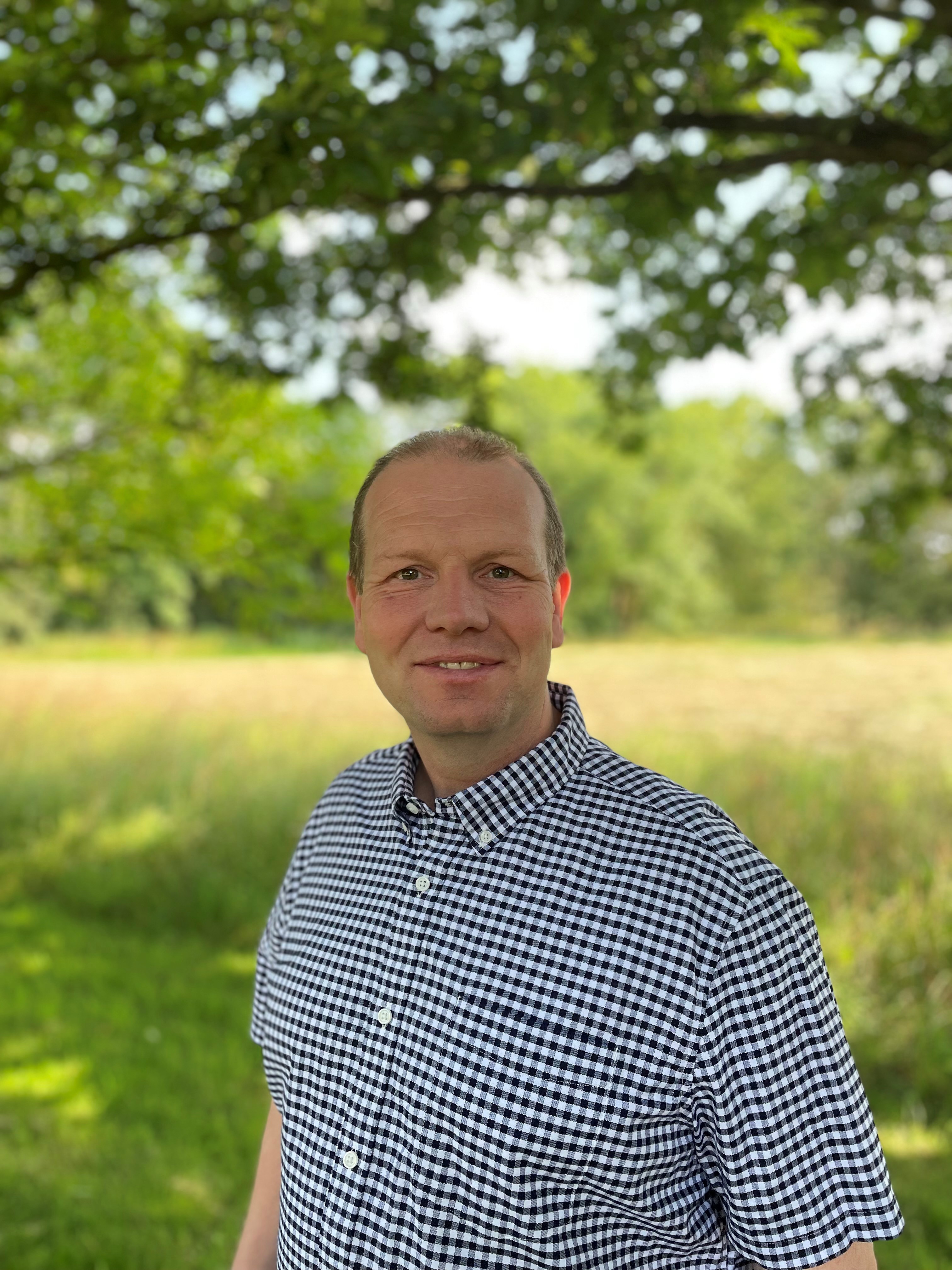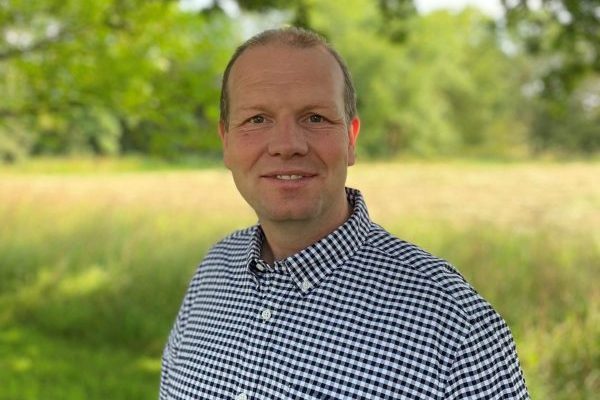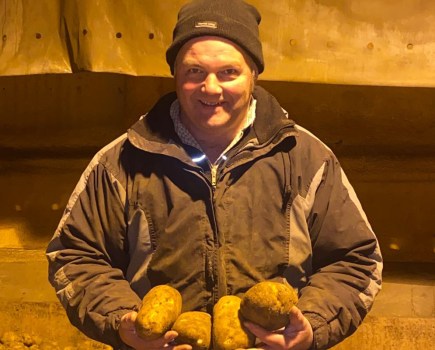 We know a net zero future is coming. The NFU has set an industry target of reaching net-zero by 2040. At the East of England conference Lord Benyon said diesel won’t be used on farms in 15 years’ time. And George Eustice has said farmers will need to make ‘quite significant’ reductions to artificial fertiliser use – with tightening supply, rising prices and lorry driver shortages that might come sooner than later.
We know a net zero future is coming. The NFU has set an industry target of reaching net-zero by 2040. At the East of England conference Lord Benyon said diesel won’t be used on farms in 15 years’ time. And George Eustice has said farmers will need to make ‘quite significant’ reductions to artificial fertiliser use – with tightening supply, rising prices and lorry driver shortages that might come sooner than later.
Yet with change comes possibility. Could potential restrictions on soya imports from unsustainable production systems boost the value of UK-grown pulses? Could the growing inaccessibility of synthetic mineral fertilisers boost adoption of nature-based alternatives, to the advantage of our bottom lines? Could we start to see the deeper, systemic benefits of a sector that works with nature instead of against it?
There are many discussions happening around the best ways of using organic fertiliser without polluting the environment. We need to create new markets and ways of moving manure from where it is produced to where it can best be used, and safer ways of applying it.
I currently use manure to replace all my artificial P & K, plus some N, and recorded my use with the EA this autumn. They were useful and supportive, ensuring I didn’t unintentionally cause pollution.
We can’t deny the problems agriculture causes waterways – in England, 40% of water is polluted from farming runoff and only 14% of rivers have good ecological status. That’s a lot of damage to meet with denial.
While it’s better to have fertiliser from a bum not a bag, it does need to stay in our soil without leeching into our rivers. We need to work together, at speed, with Defra and other agencies, to find what works in the long run.
Defra is clearly signalling it wants agriculture to move down the regenerative farming route. The new SFI soil standards are the start of its new ELM scheme, which will see public money for public goods rewarding those who adopt nature-friendly farming by moving less soil and keeping it covered.
For all of us stepping away from artificial inputs towards a more whole-farm system approach will mean multiple changes, embracing farming techniques of the past. Many farmers are going to be challenged to learn how to get the best value for investment and environmental return.
Our Fenland soil will need to be farmed in ways that protect the peat from drying out, while other soils will need to be farmed in wetter ways.
The productivity grants currently available can help fund new drills and crimp rollers. But these are just tools in a box. Just because we have a shiny new drill, it doesn’t mean we have the knowledge needed to get the best out of direct drilling.
Many companies want us to buy the latest technology and cover crop mixes. But before we rush to purchase, we should first ask what we want to achieve.
There is a lot to understand, knowledge to be gained and savings to be made. But getting things wrong can add significant costs to our business and endless frustration once our shiny new bit of kit hasn’t delivered the goods. Not to mention the impacts of climate change.
As farmers, we have always relied on nature. This direction of policy will focus on enhancing what is ultimately a fundamental cornerstone of a profitable and productive farming business, while mitigating the worst impacts of our warming climate.
But for a ‘public money for public goods’ approach to work, we also need to loudly communicate the value of what we deliver to consumers and supply chains, so we get fairer returns.
So now is the time for researching, learning, reaching out to farmer groups, sharing knowledge online and attending different events. There are many farmer organisations and companies who are happy to share their knowledge, including their mistakes. We need to get things right, before it’s too late.
Martin Lines is an arable farmer and contractor in South Cambridgeshire with more than 500ha of arable land in his care. His special interest is in farm conservation management and demonstrating that farmers can profitably produce food in harmony with nature and the environment. He’s also chair of the Nature Friendly Farming Network UK.
martin.lines@nffn.org.uk




